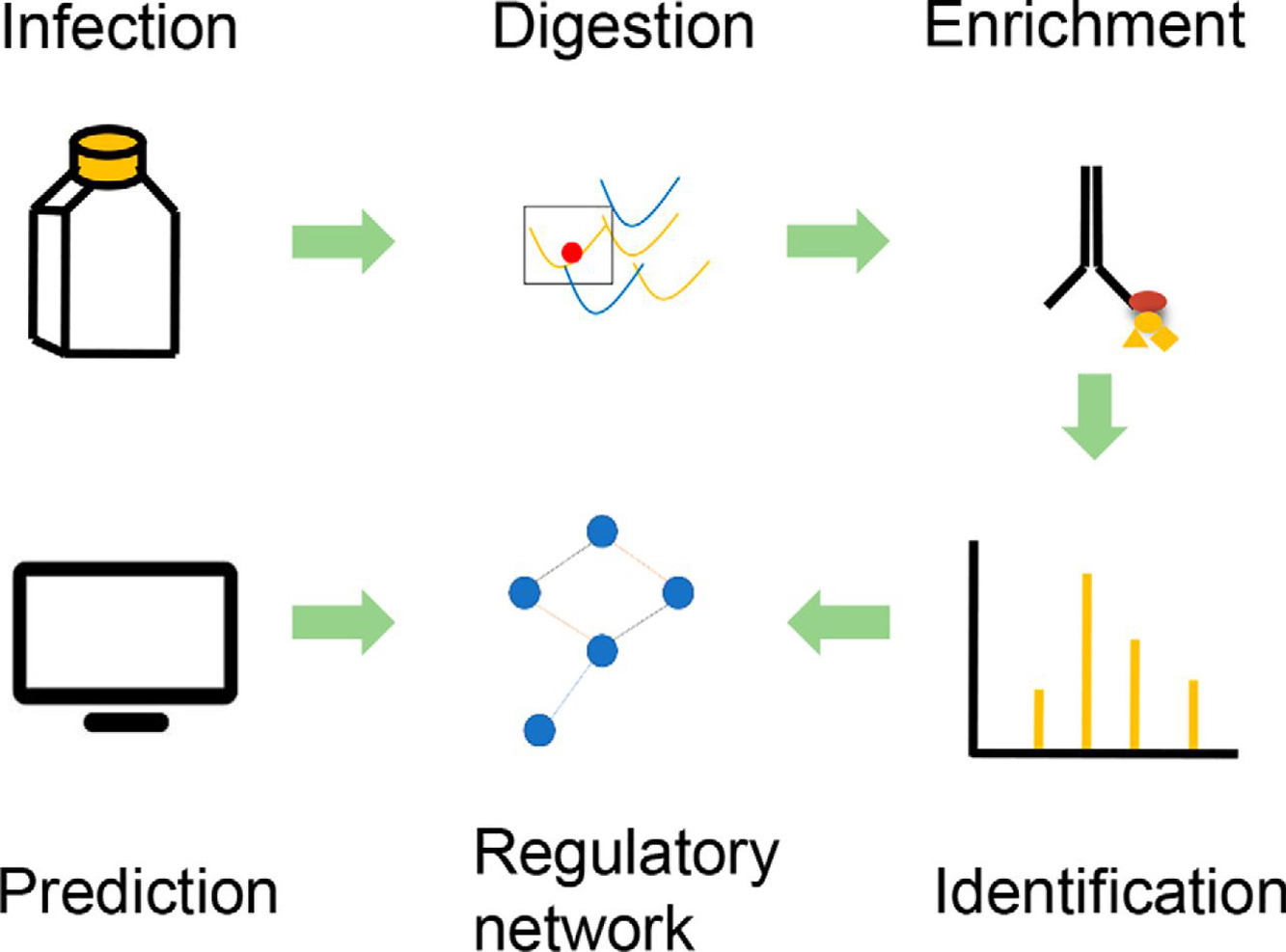Acetylation Site Identification Service
Precise mapping of acetylation sites is essential for understanding how proteins are regulated in cellular signaling, transcriptional control, and metabolic adaptation. Acetylation Site Identification Service at MtoZ Biolabs provides residue-level localization of protein acetylation, including both lysine and N-terminal acetylation, enabling researchers to investigate chromatin dynamics, protein–protein interactions, and disease-associated modifications with confidence and accuracy.
Overview
Protein acetylation is a reversible post-translational modification that primarily occurs on lysine residues and plays a central role in regulating chromatin dynamics, transcription, metabolism, and cell signaling. Catalyzed by acetyltransferases and reversed by deacetylases, acetylation fine-tunes protein activity, stability, and localization.
Both histone and non-histone acetylation are critical for cellular function, and dysregulation has been associated with cancer, metabolic disorders, cardiovascular disease, and neurodegeneration. Because acetylated peptides are often low in abundance, accurate site-level identification requires selective enrichment and advanced mass spectrometry workflows.
Services at MtoZ Biolabs
1. Targeted Acetylation Site Identification
MtoZ Biolabs provides targeted identification of acetylation sites on client-defined proteins. This service delivers precise residue-level characterization and quantitative assessment for selected targets and is suitable for focused studies that require confirmation of specific acetylation events or evaluation under defined experimental conditions.
2. Acetylation Site Proteomics
MtoZ Biolabs offers proteome-wide profiling of acetylation sites across complex biological samples. This service enables broad mapping and comparative analysis of acetylation patterns, supporting discovery-driven research and pathway-level investigations across tissues, cell types, or treatment groups.
MtoZ Biolabs conducts these analyses using high resolution Orbitrap platforms along with optimized enrichment strategies that allow reliable detection of acetylated peptides in diverse sample types. Computational assessment can be incorporated to refine candidate site selection and support high throughput evaluation, enhancing the overall depth and context of site identification.

Zhu, L. et al. Mol. Cell. Proteomics. 2020.
Figure 1. Acetylation Site Identification Workflow
Why Choose MtoZ Biolabs?
✔ Antibody-based enrichment for selective detection
✔ High-resolution Orbitrap LC-MS/MS platforms
✔ Integrated workflows from enrichment to bioinformatics
✔ Flexible solutions for discovery and validation studies
✔ Reliable data delivery with transparent pricing
Sample Submission Suggestions

Note: Provide details on sample collection and handling. If you need further details, our technical support team is happy to assist and provide comprehensive guidance on sample submission.
Applications
Our Acetylation Site Identification Service supports a wide range of research and translational applications:
1. Epigenetics
Mapping histone acetylation sites to study transcriptional regulation, chromatin remodeling, and epigenetic inheritance.
2. Disease Mechanisms
Profiling acetylation changes in cancer, neurodegeneration, cardiovascular disorders, and metabolic syndromes to uncover pathogenic mechanisms.
3. Drug Discovery and Therapeutics
Identifying acetylation targets of HDAC inhibitors and other epigenetic drugs to evaluate efficacy, selectivity, and off-target effects.
4. Functional Proteomics
Investigating how acetylation regulates protein stability, enzymatic activity, protein–protein interactions, and cellular metabolism.
What Could be Included in the Report?
1. Experimental Design & Sample Metadata
2. Enrichment Strategy, Antibodies & Methods
3. LC–MS/MS Acquisition & Quality Control
4. Identification & Site Localization
5. Bioinformatics Interpretation
6. Deliverables & Raw Data
With Acetylation Site Identification Service, MtoZ Biolabs empowers researchers to explore protein regulation at single-residue resolution. From chromatin biology to drug development, we deliver reproducible, publication-ready data that accelerate discoveries.
Partner with us to translate acetylation insights into scientific breakthroughs.








